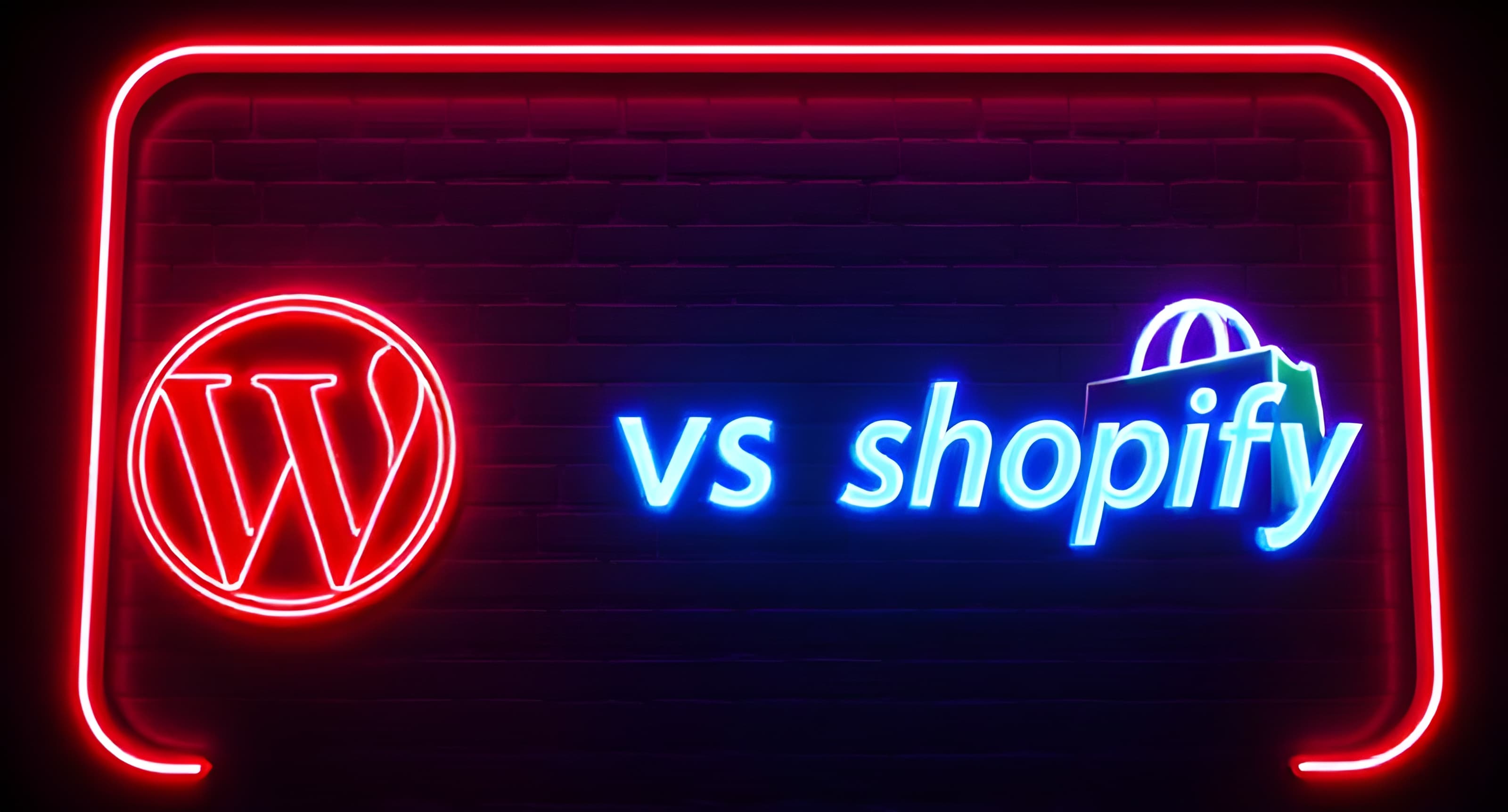
Choosing the right platform for your website or online store can be a daunting task, especially when you’re torn between two giants like WordPress and Shopify. Both platforms are incredibly popular, but they cater to different needs and use cases. In this blog, we’ll break down the pros and cons of each platform to help you decide which one is the best fit for your business.
1. Overview of WordPress and Shopify
WordPress is a highly flexible, open-source content management system (CMS) that powers over 40% of all websites on the internet. It’s ideal for blogs, portfolios, business websites, and even eCommerce stores (with plugins like WooCommerce).
Shopify, on the other hand, is a dedicated eCommerce platform designed specifically for building online stores. It’s a fully hosted solution, meaning Shopify takes care of hosting, security, and updates, allowing you to focus on selling.
2. Ease of Use
Shopify is known for its user-friendly interface. It’s designed for beginners, with drag-and-drop tools and a straightforward setup process. You don’t need any technical skills to get started.
WordPress, while powerful, has a steeper learning curve. You’ll need to handle hosting, install plugins, and possibly customize themes. However, its flexibility allows for greater control over your website.
3. Customization and Flexibility
WordPress is the clear winner when it comes to customization. With thousands of themes and plugins, you can build almost any type of website. If you have coding skills, the possibilities are endless.
Shopify offers a good range of themes and apps, but it’s more limited compared to WordPress. Customization often requires working within Shopify’s framework, which can be restrictive for advanced users.
4. eCommerce Features
Shopify is built for eCommerce, so it comes with all the essential features out of the box, including payment gateways, inventory management, and shipping options. It’s a one-stop shop for online stores.
WordPress requires plugins like WooCommerce to add eCommerce functionality. While WooCommerce is powerful, it requires more setup and maintenance compared to Shopify.
5. Pricing
Shopify has a straightforward pricing model, with plans starting at $29/month. This includes hosting, security, and support. However, additional costs can add up with premium themes and apps.
WordPress itself is free, but you’ll need to pay for hosting, themes, plugins, and possibly developer fees. While it can be more cost-effective, it requires more hands-on management.
6. Which Platform Should You Choose?
Choose Shopify if:
- You want a dedicated eCommerce platform with minimal setup.
- You’re a beginner and prefer an all-in-one solution.
- You want reliable hosting and security without the hassle.
Choose WordPress if:
- You need a highly customizable website or online store.
- You’re comfortable with technical setup and maintenance.
- You want full control over your website’s design and functionality.
Conclusion
Both WordPress and Shopify are excellent platforms, but the right choice depends on your specific needs. If you’re looking for simplicity and ease of use, Shopify is the way to go. If you value flexibility and control, WordPress is the better option. Evaluate your goals, budget, and technical skills to make an informed decision.